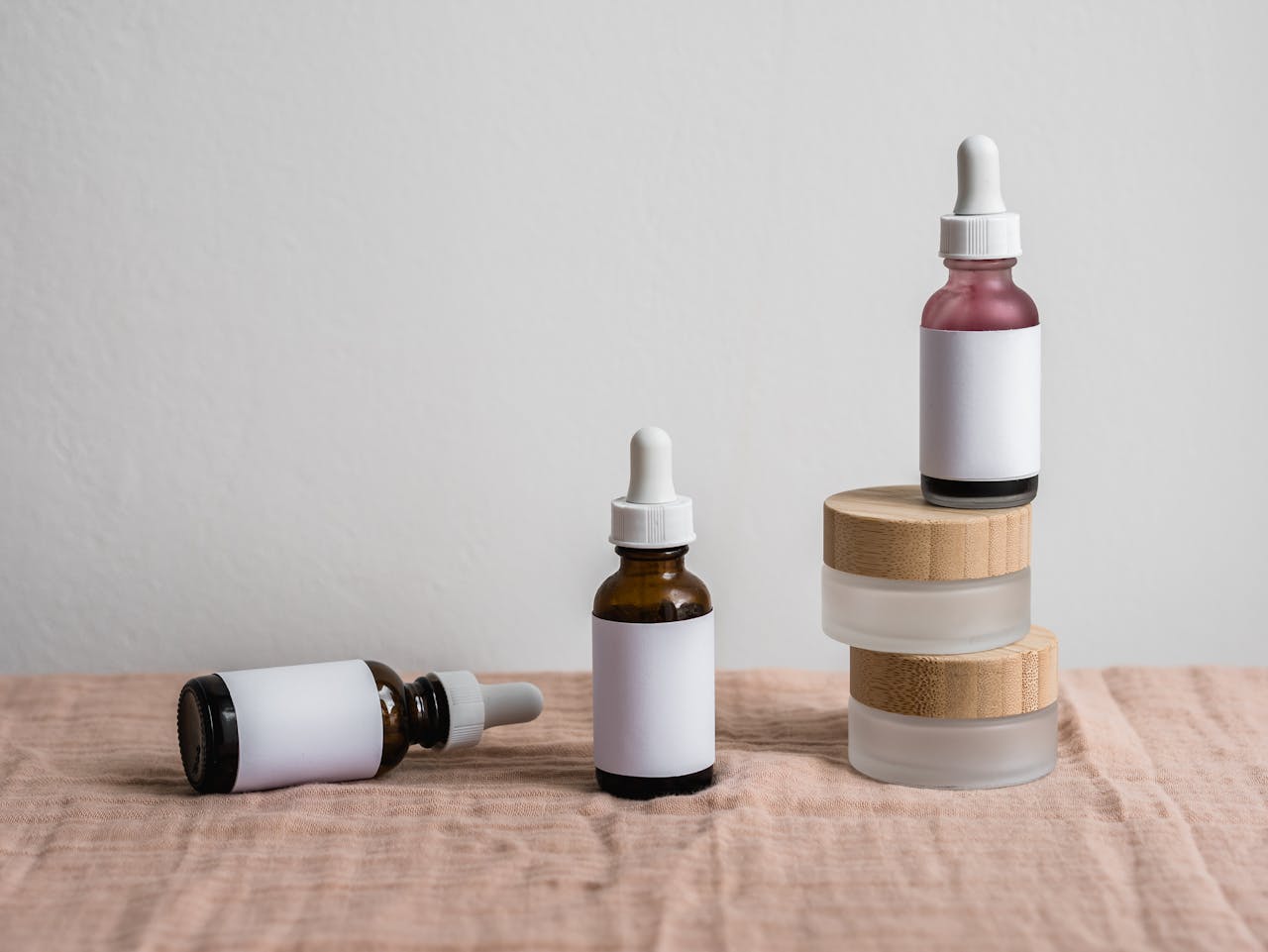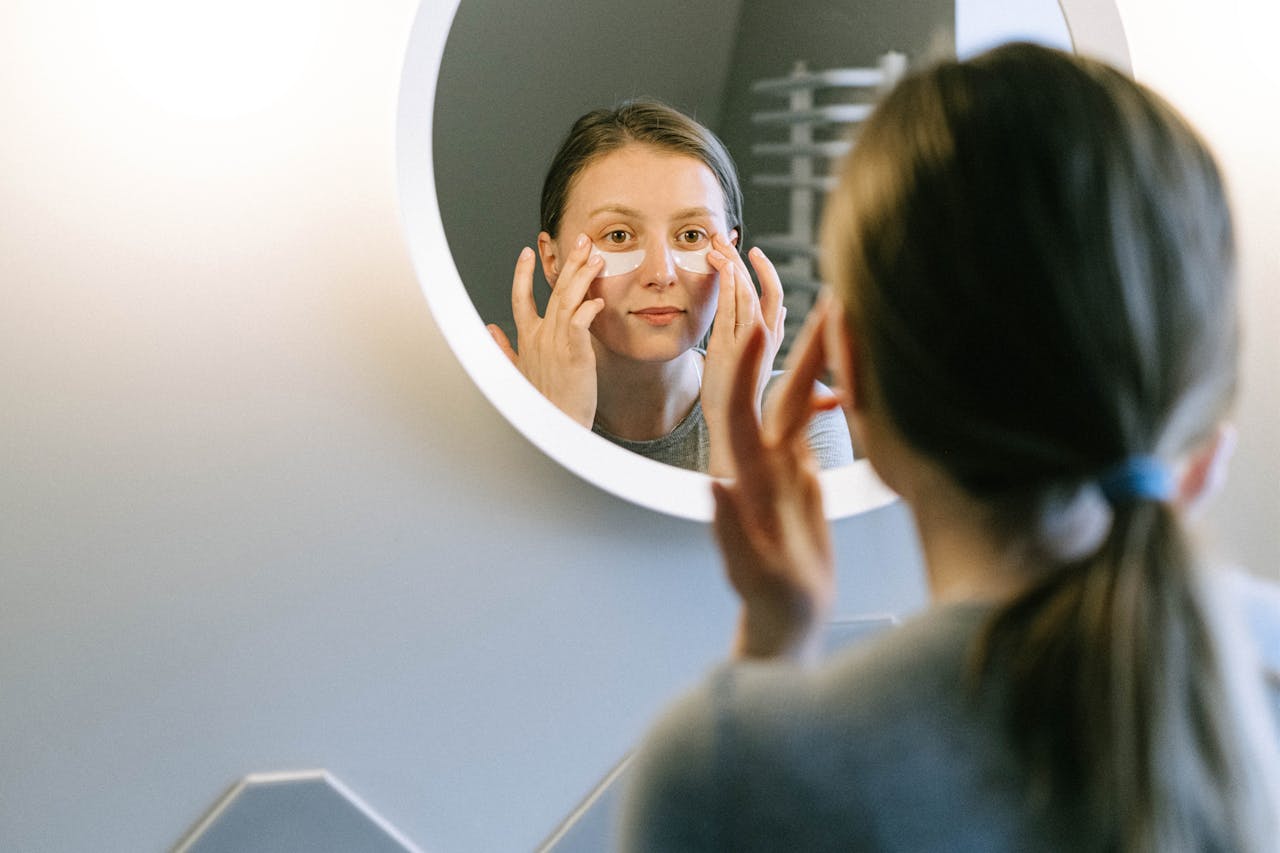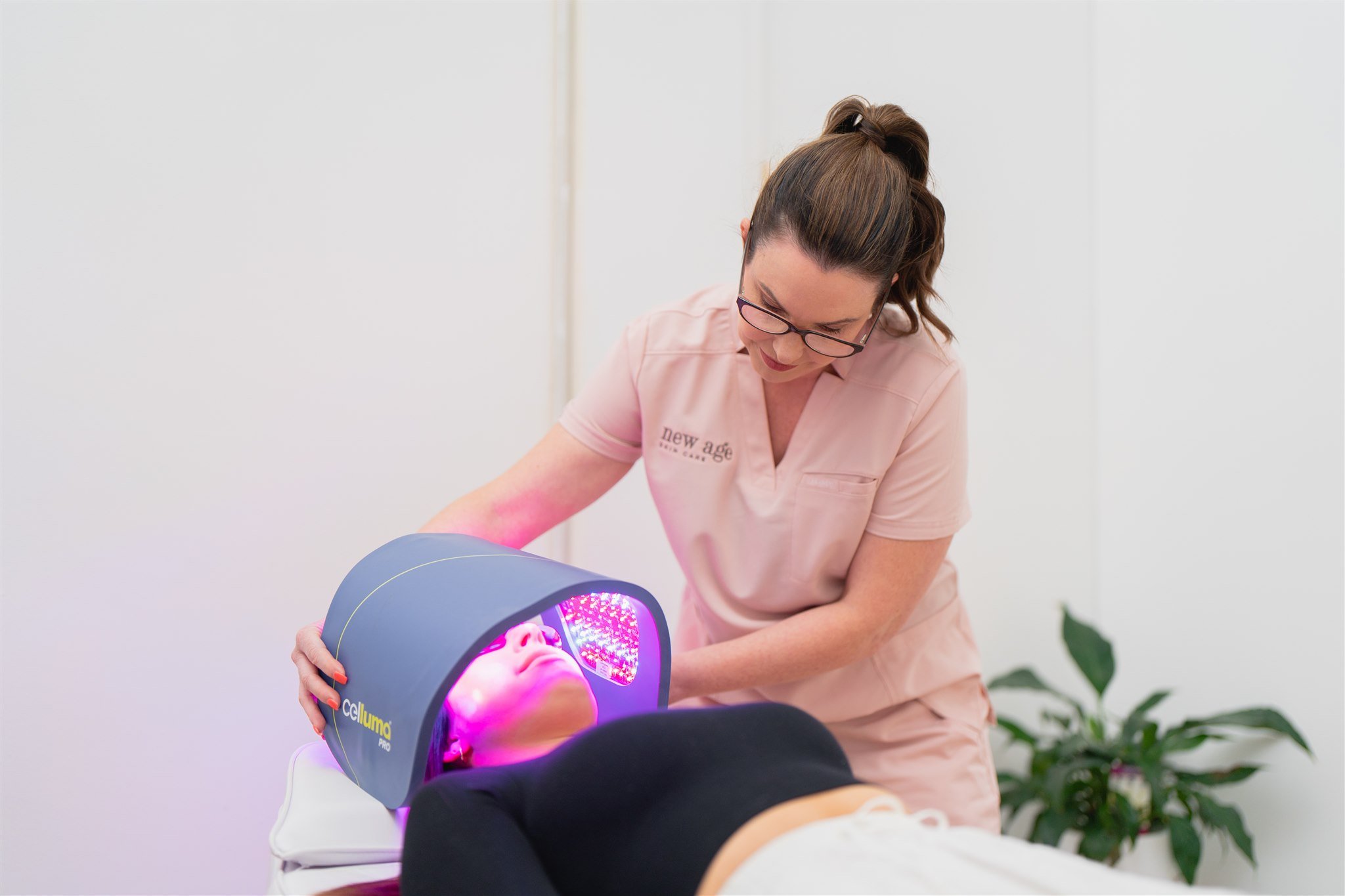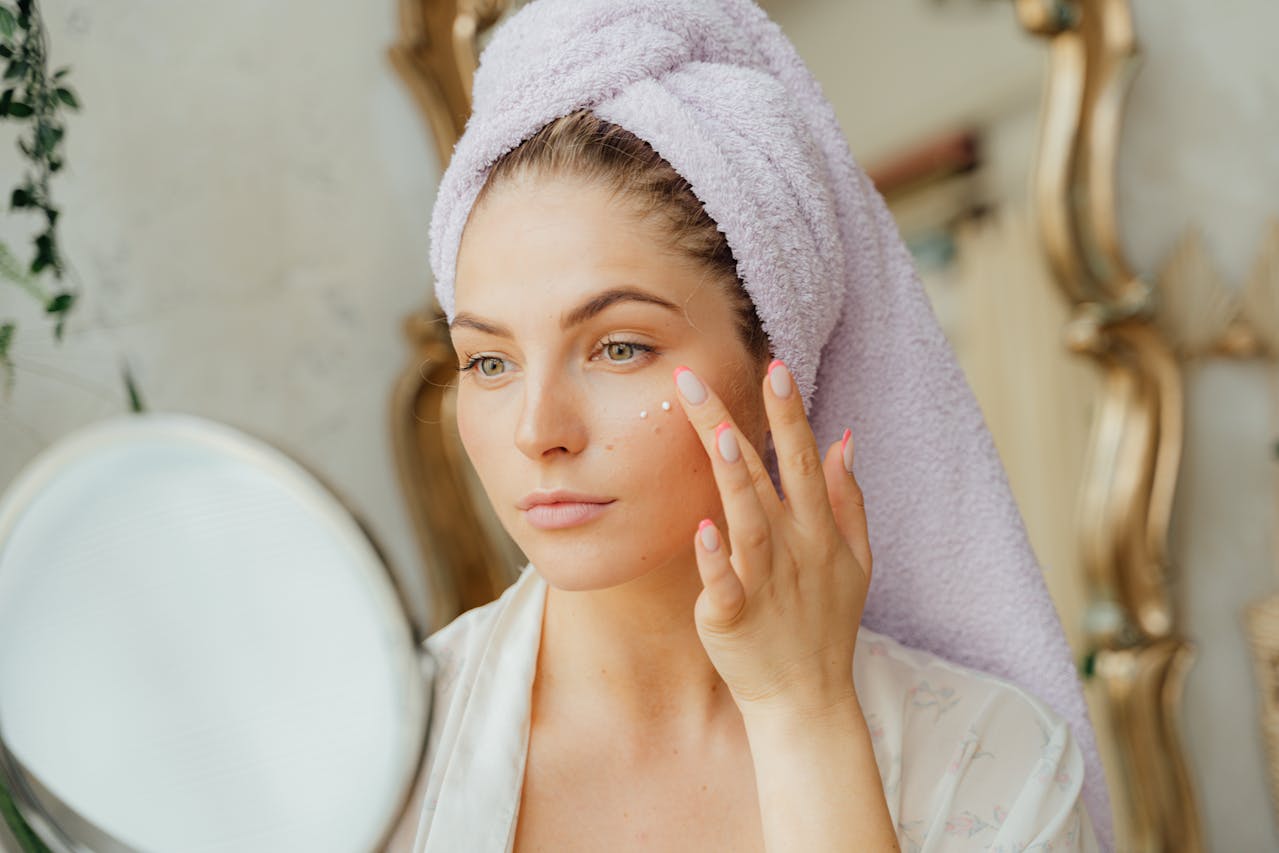Personalized Skincare: The Future of Made-to-Order Skincare Solutions
Personalized skincare has rapidly emerged as a significant trend, marking a shift from traditional, one-size-fits-all products to tailored beauty solutions. This movement is largely fueled by consumers’ desire for products that address their unique skin needs, an area where generic products often fall short. Personalized skincare allows individuals to access solutions that consider factors such as skin type, age, and even lifestyle, leading to more effective and satisfying results.
The crucial role in this trend is played by the technology. Businesses are currently utilizing cutting-edge data analysis and AI to evaluate skin conditions and develop personalized products. For example, certain companies make use of skin analysis apps or virtual consultations, enabling customers to get customized skincare products that specifically target issues such as acne, dryness, or sensitivity. Advancements like DNA-based evaluations can also forecast how an individual’s skin will react to various substances, enhancing the accuracy of personalized skincare.
This shift towards personalized skincare appeals to individuals who have had difficulty finding successful remedies with traditional products. It not only improves effectiveness, but also fits in with the larger self-care movement, empowering users to take more control of their beauty routines. As skincare advances, personalized solutions will become essential in the beauty industry, creating stronger bonds between brands and customers with customized skincare options that prioritize individual needs.
Understanding Personalized Skincare: What Sets It Apart?
Personalized skincare is transforming the beauty industry by moving beyond generic, one-size-fits-all products. Unlike traditional skincare, which often follows broad categories like “dry” or “oily” skin types, personalized skincare provides customized solutions based on an individual’s unique skin characteristics, needs, and lifestyle. This approach allows consumers to address specific concerns, such as hyperpigmentation, acne, or sensitivity, with products designed specifically for them.
The process behind these custom beauty products typically begins with a skin assessment or quiz, which might include questions about skin type, age, environmental exposure, and even genetic factors. Some brands also use advanced technologies, such as artificial intelligence and genetic analysis, to gather data and recommend personalized ingredients. By incorporating unique factors like sun exposure or dietary habits, these made-to-order skincare products can target individual skin needs more precisely than conventional options.
Tailored beauty solutions are attractive because they can minimize the need for trial and error. Instead of buying many products to find the right one, personalized skincare gives users formulations that match their goals immediately, leading to faster and more visible improvements. The next generation of skincare is found in these customized skincare items that offer efficacy and empowerment in managing one’s skincare routine, appealing to those desiring a more intimate link to their beauty regimen.
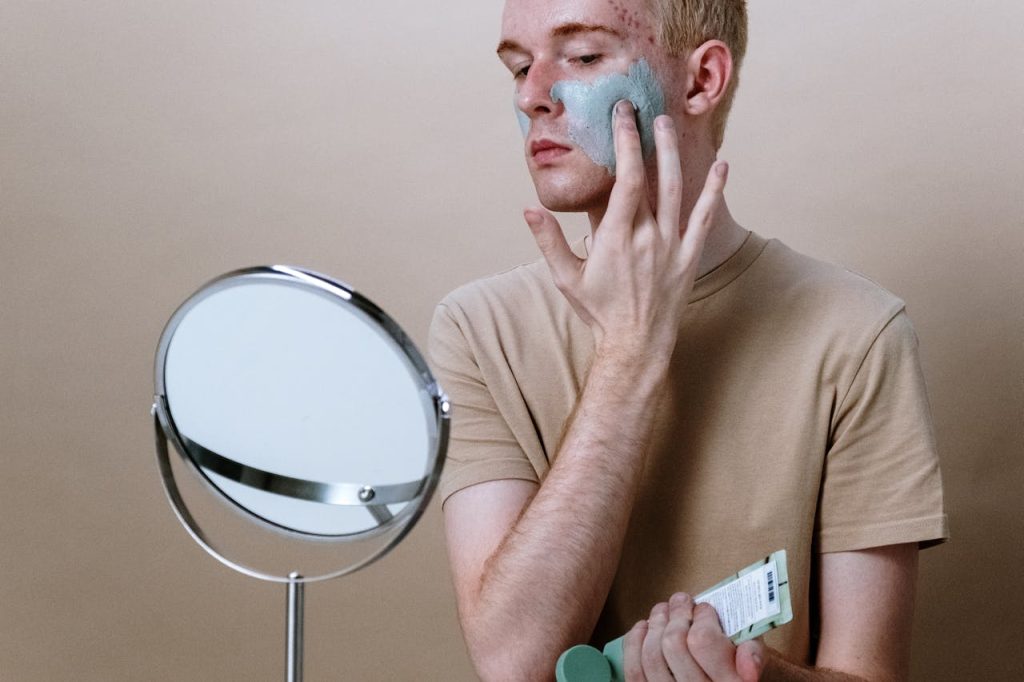
The Science Behind Customized Formulations
Using sophisticated data gathering techniques, customized skincare products are created to meet the unique needs of each person’s skin. By examining genetic, environmental, and lifestyle factors, businesses can now create skincare products that target specific skin requirements with impressive accuracy. An example would be genetic testing showing tendencies for problems such as collagen deterioration or sensitivity, while lifestyle evaluations take into account factors such as diet, sun exposure, and stress levels. This data-focused method allows brands to develop precise and efficient skincare products.
Dermatological and cosmetic science play crucial roles in this process, as experts incorporate active ingredients in combinations that ensure optimal results. These formulations often involve molecular science, focusing on how ingredients penetrate the skin barrier. The molecular size of ingredients, such as hyaluronic acid or peptides, is carefully controlled to allow deeper skin absorption, which is essential for addressing specific concerns like hydration, elasticity, or pigmentation. Some brands use biotechnology to produce lab-grown ingredients, ensuring consistency and sustainability while avoiding environmental impacts associated with natural sourcing.
This blend of data and science results in bespoke skincare products that can significantly improve skin health and appearance. As technology advances, the future of skincare will continue to evolve, making personalized solutions even more accessible, efficient, and environmentally responsible, aligning with consumer demand for sustainable, targeted skincare.
Key Technologies Driving Personalization in Beauty
Technology is revolutionizing the personalized skincare industry by enabling custom beauty products tailored to each user’s skin type and concerns. At the heart of this shift are advancements in AI, machine learning, and data analysis, which allow for accurate skin assessments and precise product recommendations.
AI-powered skin analysis apps are one of the most popular tools, using algorithms to evaluate images of a user’s skin and diagnose common concerns, such as dryness, wrinkles, and hyperpigmentation. These apps can assess skin condition in real-time and recommend suitable products or routines, making skincare customization both accessible and user-friendly. Major brands are now incorporating this technology, which enhances the effectiveness of tailored beauty solutions while educating consumers on their unique skin needs.
Another innovation in this field includes at-home skin testing kits, which delve deeper by analyzing environmental and lifestyle factors that impact skin health. These kits often provide insights into factors like hydration levels and UV exposure, allowing for the creation of truly personalized skincare routines. Machine learning further refines these recommendations, continuously learning from individual feedback to improve accuracy over time.
Virtual appointments have become more popular, enabling individuals to remotely engage with dermatologists and skincare experts. These appointments frequently utilize artificial intelligence to evaluate skin conditions and offer personalized recommendations, combining expert guidance with the ease of conducting assessments at home. Collectively, these advancements are preparing for a future in skincare that is personalized, effective, and within reach, enabling users to make educated choices regarding their beauty regimens.
Benefits of Made-to-Order Skincare: Why Consumers Are Embracing It
The popularity of made-to-order skincare is being propelled by various advantages it offers. One major advantage is the precision in targeting specific skin problems. Personalized skincare formulations differ from traditional products by being customized to target specific issues like acne, hyperpigmentation, or dryness, resulting in improved outcomes. This personalization assists customers in steering clear of unneeded components, which is especially beneficial for individuals with allergies or sensitivities.
Another notable advantage is the reduction in product waste. Since custom beauty products are created on demand, there is less need for mass production, cutting down on excess inventory and reducing waste, especially in terms of plastic and packaging materials. This sustainable approach resonates with environmentally conscious consumers who want their skincare choices to align with eco-friendly values.
Beyond practical benefits, personalized skincare has a strong psychological appeal. Many consumers feel “seen” and “heard” by brands that provide tailored beauty solutions, as these products reflect individual needs and preferences rather than a generic approach. This sense of personalization and attention can create a deeper emotional connection between consumers and their skincare products, enhancing their loyalty to the brand. The rise of personalized skincare speaks to a broader trend in the beauty industry, where consumers value authenticity and customization, making bespoke skincare products a staple of the future.
Major Players and Emerging Brands in the Personalized Beauty Space
The customized skincare industry is thriving, with well-known brands and creative newcomers at the forefront. Prominent companies such as SkinCeuticals and L’Oreal have incorporated cutting-edge technology to offer personalized solutions. SkinCeuticals’ Custom D.O.S.E. utilizes artificial intelligence to produce personalized serums tailored to individual skin issues, allowing dermatologists to develop exact formulas quickly. Likewise, L’Oreal’s Perso device gives customers a personalized skincare and cosmetic solution for use at home by utilizing machine learning and real-time data to create customized formulas instantly.
Emerging brands like Atolla and PROVEN Skincare are also gaining traction by focusing on data-driven customization. Atolla employs a subscription model where users regularly update skin profiles through monthly at-home test kits. This ongoing data collection helps refine and adjust formulas over time, catering to changing skin conditions and environmental factors. PROVEN Skincare uses artificial intelligence to analyze lifestyle, environmental factors, and skin history, creating products that evolve alongside the user’s needs.
Brands like Shiseido and No7 Beauty Company stand out by integrating digital tools to make personalization more accessible. Shiseido’s Skin Visualizer, for instance, analyzes various skin health metrics and provides digital recommendations, while No7 Beauty Company has leveraged AI to help customers find products that align with their skin profiles and locations.
By blending high-tech solutions with consumer-driven insights, these brands set themselves apart, offering bespoke skincare products that resonate with today’s demand for hyper-personalized beauty experiences. As the future of skincare continues to embrace customization, both major and emerging players are enhancing how consumers engage with and benefit from tailored beauty solutions.

Challenges and Limitations of Personalized Skincare
Personalized skincare is innovative but comes with notable challenges that impact its accessibility and long-term sustainability. One primary hurdle is cost. Custom beauty products require specialized data collection, advanced technology, and often unique ingredients tailored to each individual’s needs. This makes them more expensive than mass-produced options, limiting their accessibility for some consumers. Additionally, the complexity of creating these bespoke skincare products demands intricate processes, from data analysis to formulation, which can complicate production and add to costs.
Effectiveness is another area of concern. While personalized skincare promises targeted solutions, there is limited scientific research verifying its benefits across diverse skin types and conditions. This has led to consumer skepticism, particularly around DNA-based skincare, where doubts persist regarding the validity of genetic testing for skin health and its real impact on formulation effectiveness.
Data privacy is becoming a bigger concern within the realm of personalized skincare. Developing personalized beauty solutions involves gathering confidential data such as lifestyle choices, medical history, and genetic information. Numerous customers fret about the storage and secure sharing of this data. Regulations such as GDPR establish stringent data protection criteria, however, adhering to them can be difficult and expensive for companies. Maintaining trust for brands involves implementing strong privacy measures, but dealing with these challenges can take attention away from other areas of product development.
The Future of Personalized Beauty: What to Expect
The future of personalized skincare is set to be shaped by advances in technology and a deepening commitment to sustainability. Biotechnology is a key driver in this evolution, with innovations that allow for the creation of bio-engineered ingredients tailored specifically to individual skin needs. Through genetic insights and AI, scientists can analyze skin at the molecular level, crafting ingredients that not only improve effectiveness but also promote compatibility with diverse skin types. This shift promises safer, more precise skincare, enhancing the appeal of bespoke skincare products.
Sustainability is also becoming integral to skincare customization. Many brands are embracing eco-friendly practices, like using biodegradable or refillable packaging and sourcing sustainable ingredients. As consumers increasingly prioritize environmental impact, personalized skincare products that align with these values are likely to grow in popularity. Additionally, AI and machine learning play a pivotal role in this space by enabling brands to create formulations that reduce waste by recommending only the necessary products for each consumer, thereby minimizing excess and promoting conscious consumption.
In the future, we anticipate that personalized skincare will become easier to access with the help of advanced technologies such as wearable skin analyzers and virtual consultations. These tools enable customers to get personalized guidance without leaving their homes. The future of skincare is expected to become more accessible and advanced due to technological progress, which will make personalized and eco-friendly skincare routines more common. As the need for customized beauty options increases, emphasis on accuracy and environmental friendliness will play a key role in transforming the beauty sector.
Conclusion
Customized beauty is revolutionizing skincare by concentrating on personalized solutions that meet specific needs with accuracy. This new method provides specific, successful outcomes, motivating customers to try personalized skincare products. With the industry changing, adopting customization can help people achieve healthier, more luminous skin that is personalized for them.

